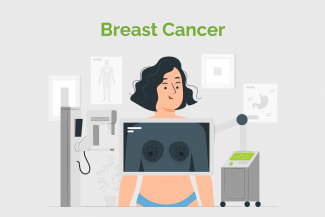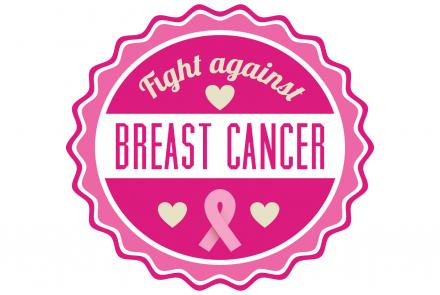
There are several treatment options for breast cancer.
Food and nutrition
Eating right is a key part of cancer treatment. You need to keep your body as strong as possible before, during and after treatment, so you need to take in enough nutrients. Eating a diet rich in proteins and calories will help your body deal with the treatment, recover faster and ward off infections. This may be easier said than done as some treatments play havoc with taste buds and the digestive system. Side effects from cancer treatmnet can lead to various eating problems such as dry or sore mouth, nausea, trouble swallowing, changes in taste and smell, loss of appetite, vomiting, diarrhea etc. Some women on breast cancer treatment also tend to put on weight due to hormonal changes. It may be helpful consult a nutritionist or dietitician from your hospital to get a detailed diet plan.
Here are some tips from the National Cancer Institute on dietary needs of patients undergoing cancer treatment:
- Increase intake of fruit, vegetables, cereals and whole grains
- Decrease fat intake to < 30 per cent of your calories
- Have more lean meats like fish and and avoid red meat.
- Reduce excessive intake of sugar, salt and processed foods
- Minimise intake of cured, pickled and smoked foods
- Achieve and maintain a healthy weight
- Avoid smoking and alcohol consumption
Physical fitness
It is important to stay active during and after treatment. Do some light exercises like brisk walking, swimming and yoga as soon as you feel up to it.
Follow–up care
Consistent check-ups post-treatment are very important as breast cancer can recur. While recurrence is most common within the first three to five years, it can happen at any time. Be vigilant for early warning signs so these can be tackled swiftly.
Take charge – Your action plan
- Be informed. Learn as much as you can about your condition. Talk to your doctor about your condition, treatment and prognosis. Read up about breast cancer, so you know what questions to ask your doctor. Speak to other patients to find out what treatments and therapies have worked for them. Being informed keeps you in charge of your health and treatment.
- Nourish your body. Make sure you are giving your body the nutrition it needs. Eat, even if you don’t feel like it.
- Exercise moderately when you are able to
- Stay positive. Join a support group. Talk to people facing similar challenges. Talk to family and friends about your feelings. Read books that offer encouragement.
- Stay focused on your treatment with timely follow-ups and healthy lifestyle
Know your support team: Who can help you stay healthy
- Medical oncologist
- Surgeon
- Radiation oncologist
- Dietitian
- Counsellor or mental health practitioner
- Other specialists depending on your condition













